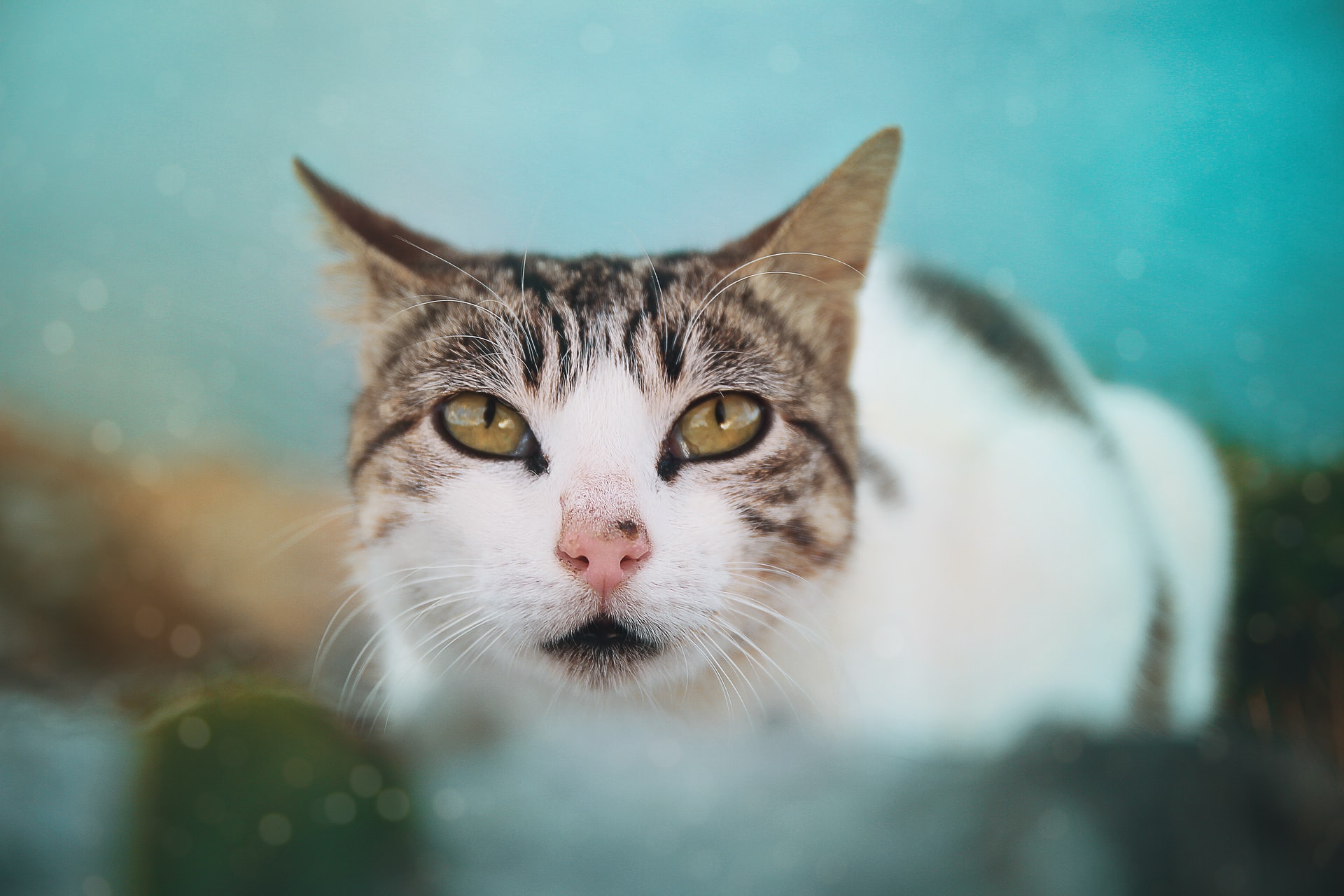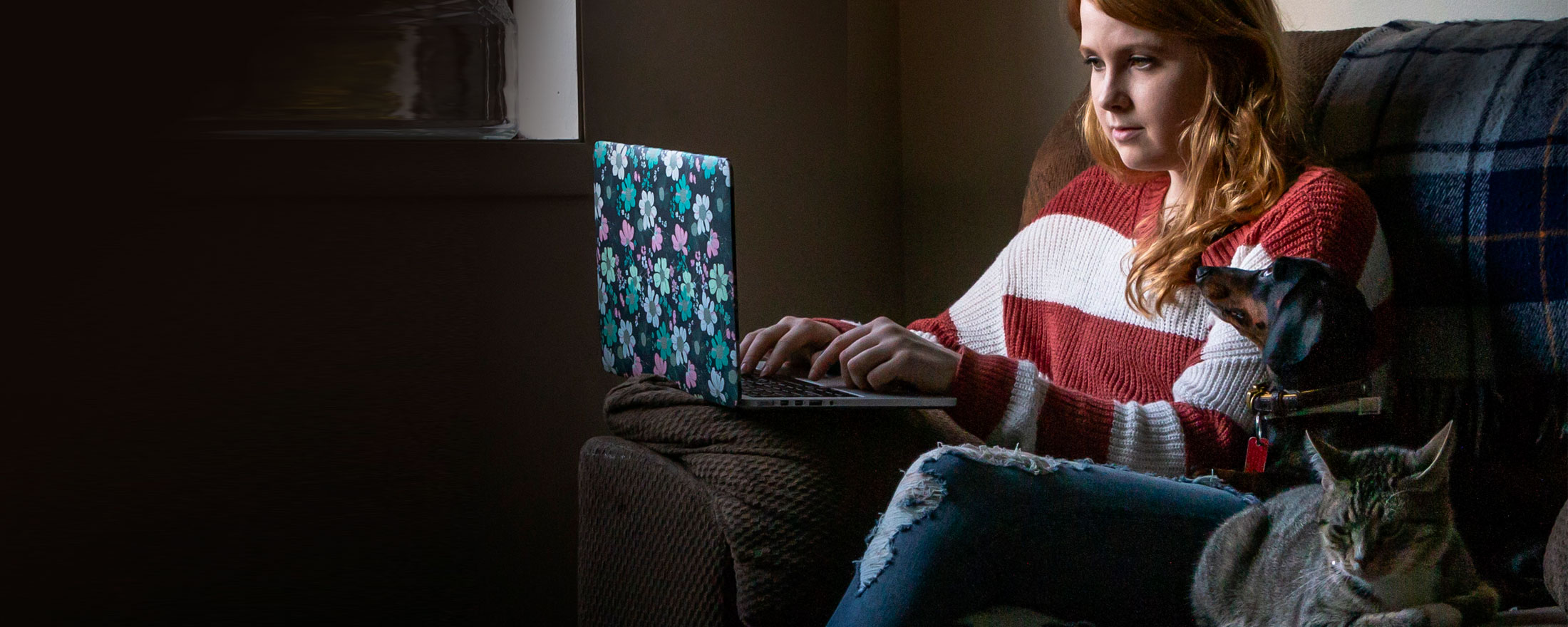
28 May How to Care for a Cat with No Teeth
Dental diseases including gingivitis, periodontitis, tooth resorption and stomatitis are common in cats. Studies show that up to 67 percent of cats may be affected by tooth resorption during their lifetime, most notably during middle age. Routine professional dental cleanings under anesthesia (COHATs), in combination with daily oral home, can help minimize dental disease.
Is Toothlessness Something to Be Concerned About?
Some cats will need full mouth extractions due to severe dental disease. The thought of having a pet without teeth will almost always trigger concern from the owner about how the cat will eat. Cat dentition, primarily pointed, is unlike human dentition with flat occlusal surfaces on the majority of their teeth.
Pointed dentition is essential for their carnivore hunting nature. Cats eat by using their incisors to prehend or pick up the food, followed by their tongue, propelling the food to the back of the oral cavity. Most cats will minimally chew their food using their pointed premolar and molar teeth with a greater emphasis on swallowing vs. chewing as in humans. This is a normal ingestion function in carnivores.
Extraction therapy, including full mouth extractions, can eliminate oral discomfort, making eating a more comfortable procedure for the pet. Healthy gums are better than painful teeth.
What Should You Feed a Cat with No Teeth?
Canned food or softened kibble is recommended; however, some cats will continue to eat their dry kibble despite a lack of dentition. It comes down to individual preference and what is more comfortable for the cat to prehend or pick up with the mouth.
Many owners have reported that their cat has eaten much better without teeth than with a painful mouth because the pain is now gone. It is important to note that canned food is less calorie-dense than dry food. Some cats transitioning to canned food may have a drop in their weight. If this is concerning for a cat that is already thin, then unrestricted canned food should be allowed. Softened kibble or treats are additional options for increased calorie intake.
What if Your Cat is an Outdoor Cat?
Cats that have previously been outdoor hunters will no longer have teeth to continue to hunt. It is recommended to keep cats indoors or have supervised outdoor exposure for cats without dentition. This would be the same recommendation if they had a painful mouth as it would be challenging to use painful teeth for hunting or defending themselves.
Cat Dentist in Colorado Springs
It is important to understand that cats without teeth do very well. Although a diet change is often recommended, in some cases, no change is needed. Cats will often thrive with an improved body condition, improved systemic health, and likely exhibit a more loving behavior with a pain-free and comfortable oral cavity. If your feline is struggling with dental pain, schedule an exam with our Certified Veterinary Dentists at Animal Dental Care and Oral Surgery in Colorado Springs, CO, and we’ll help return her to her happy, purrfect self.

